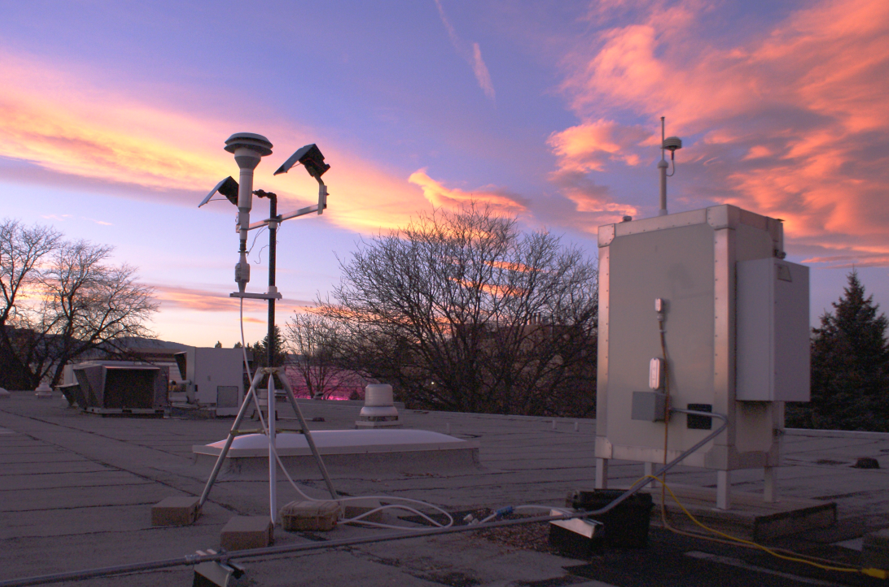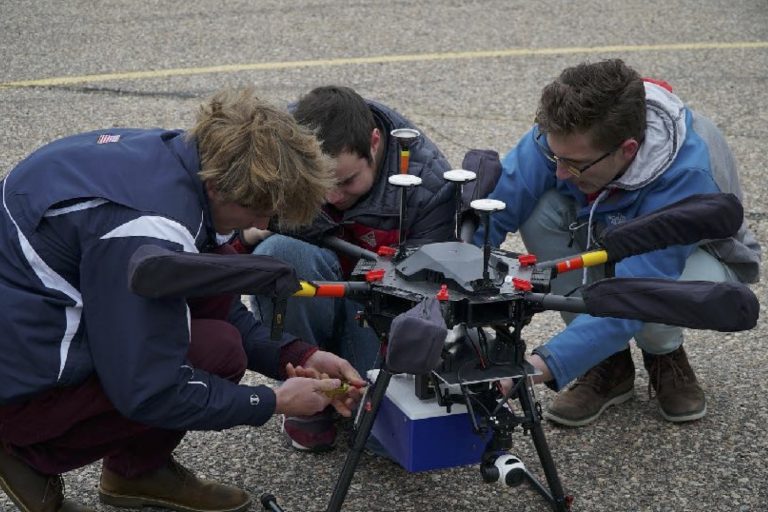Airborne Connections: From Emission Source to Impact to Solution
Research Experience for Undergraduates (REU)
Airborne contaminants originate in human activities and natural events, including energy use, agricultural development, wildfires, and releases from soil. They affect people and environments through respiratory ailments, lung cancer, disease transmission, poor visibility, and climate change. They occur differently in rural and urban areas, and indoors versus outdoors. Airborne contaminants reduce individual and community resilience, and their impacts fall disproportionately upon low-income communities.
The Mechanical Engineering Department at Colorado State University is offering an opportunity for undergraduate students to participate in addressing this grand societal challenge during the 2024 summer term. This program is funded by the National Science Foundation, and provides students a chance to participate in cutting-edge, mentored research; explore STEM-related career paths; and participate in professional development opportunities.
This program is a 10-week, full-time research experience, May 29 – August 1, 2024. You will:
- work on a project in a faculty advisor’s research group
- hone a specific research skill and learn how it makes a difference in a complex situation
- join a cohort of 10 students working on interrelated projects
- practice professional skills like elevator speeches and formal presentations
- hear from experts about professional pathways, including graduate school and entrepreneurship
- receive a stipend and housing to support your participation

